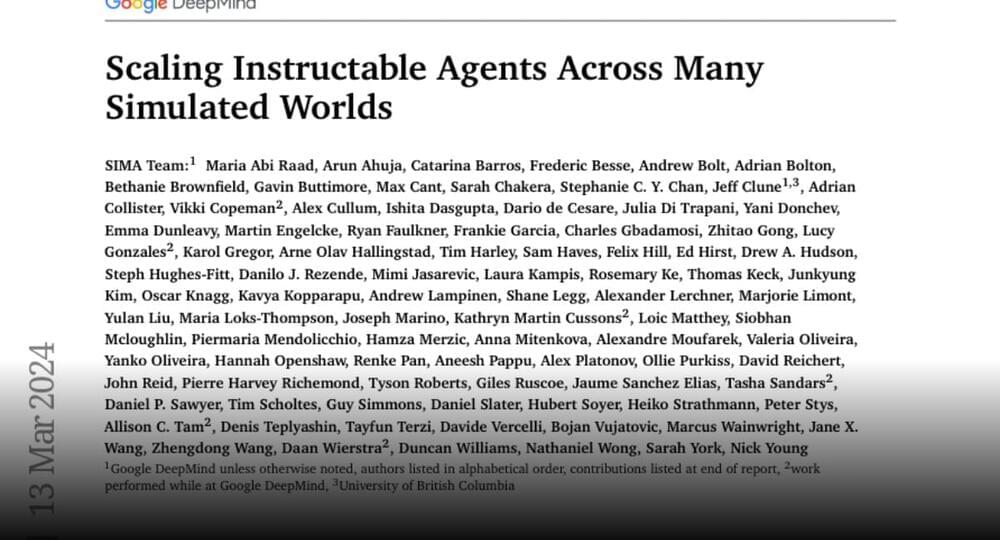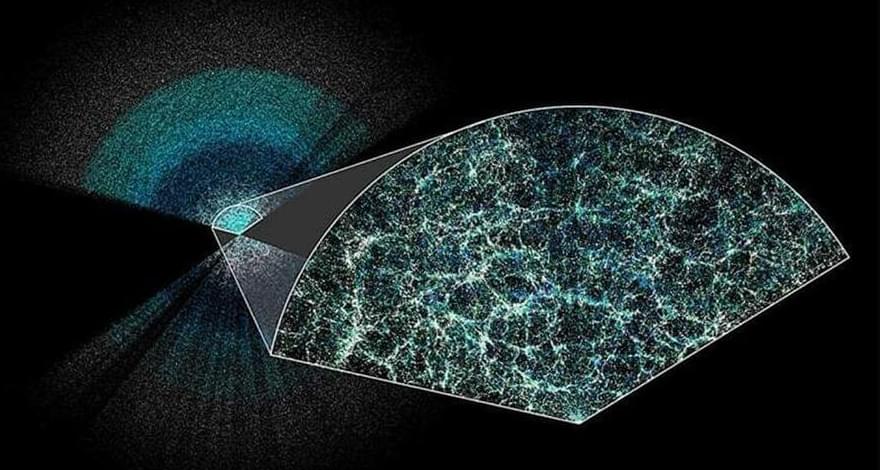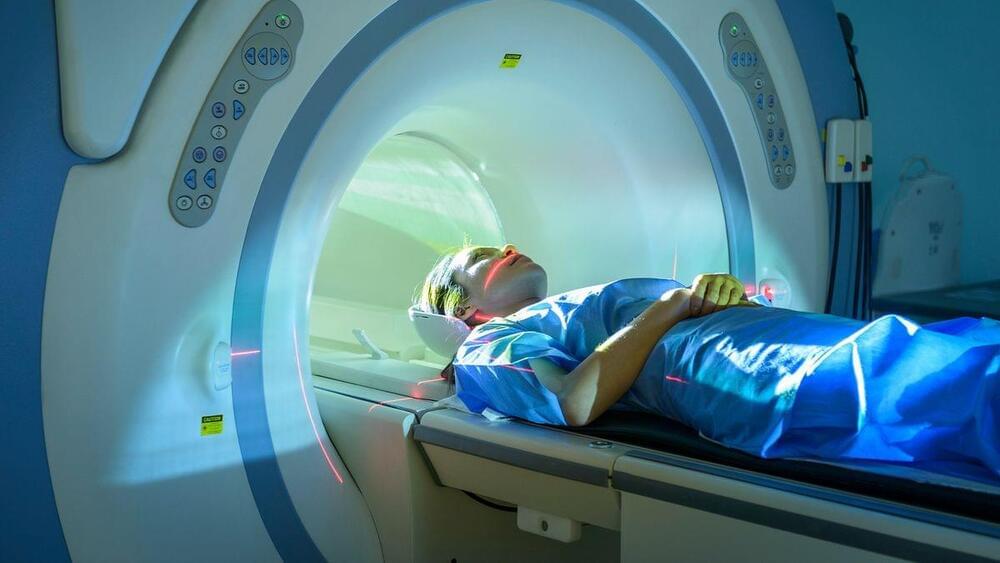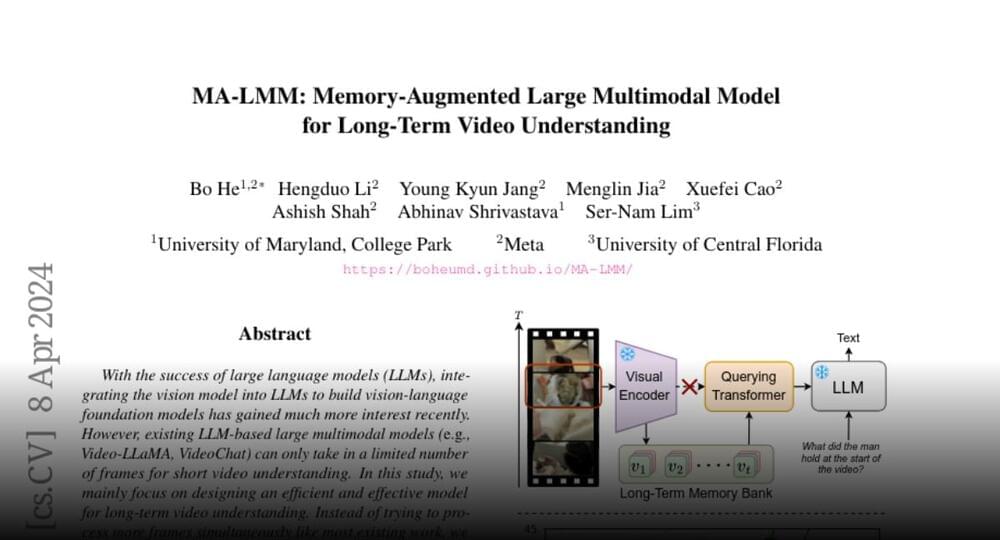Building embodied AI systems that can follow arbitrary language instructions in any 3D environment is a key challenge for creating general #AI.
Join the discussion on this paper page.



As NASA focuses on exploring the Moon, Mars, and the solar system for the benefit of humanity, the agency’s Space Technology Mission Directorate (STMD) is shifting how it prioritizes technology development. As part of this refinement effort, NASA is asking the American aerospace community for feedback on nearly 190 national space technology needs – or shortfalls – it has identified for future space exploration and science endeavors.
“Our ambitious future missions pose many unique challenges, and STMD is positioned – as the nation’s tech base for civil space – to innovate and advance solutions for those problems,” said Dr. Kurt Vogel, associate administrator for Space Technology at NASA Headquarters in Washington. “STMD is developing many critical technologies, but shifting to a more open and collaborative approach allows us to better prioritize our efforts and align with key stakeholder needs while ensuring we all get the most bang out of our investments.”
NASA aims to collect broad aerospace community feedback on critical technology shortfalls – like additive manufacturing, cryogenic fluid management, in-situ resource utilization, and others – ahead of future operations on the Moon and Mars. Understanding and prioritizing the most important and impactful efforts allows STMD to appropriately direct available resources to best support mission needs for NASA and the nation.

Are we alone? What might alien species look like? And what could we learn from them? Proudly presenting Life Beyond Remastered, a film that weaves all 3 episodes of the series together with new content and updated visuals & audio into a feature-length experience. Massive thank you to everyone who made this possible: my subscribers, patreon members, vfx collaborators, scientists, researchers, friends, family, and more. A special thank you to Protocol Labs for their sponsorship of the series and support, please check out the work they are doing: http://protocol.ai Please watch in 4K with your best audio equipment for the proper experience! High quality 4K download is coming this week, and I will link it here. Directed by Melodysheep (John D. Boswell) Narrated by Will Crowley Featuring voices of: Douglas Rain, David Christian, Michelle Thaller, Andrew Siemion, Dan Werthimer, Avi Loeb, Ellen Stofan, David Kipping, Nick Lane, Jonathan Losos, Caleb Scharf, Jack Cohen, Shawn Domagal-Goldman, Jill Tarter, and Orson Wells Additional Visual Effects by: Unknown Dino, Julius Horsthuis, Lynn Huberty, Tim Stupak, Samuel Krug, Eren Arik, CGHadi, Jack Emmens, Konstantin Kovalenko, Eren Arik, NASA, Evolve, Adrian Bobb, Igor Puskaric, Unknown Dino, and Alan Reynaud Supported by Morrison Waud, Angela Kilic-Cave, James Upsher, Matthew Brown, TabloidA, and Juan Benet http://melodysheep.com Instagram: @melodysheep_ Twitter: @musicalscience Special thanks to my $50+ Patrons: Greysen Cohen Serenelove520 Romain Gilliot Frank Buschmann Axel Vei Kimi Ushida Justin Hansemann AChillingSight Alex Cheung WJSBUTLER & CO Sebastián Soto bluetifulangel David Rovira Mackenzie Moore Robert Leiper Naomi Augustine David August Jeremiah Tims Joan Meier Michael Denny Caleb Levesque Derick Yan Brandon Sanders And thank you to my $10+ patrons! https://www.dropbox.com/scl/fi/yozoa8…

Tesla is set to roll out an awesome new feature with Sentry Mode, allowing owners to watch the video clip recorded by the car on their phone.
Sentry Mode is a security feature on Tesla vehicles that records instances and events that occur near the car. It has helped solve things as simple as petty vandalism, like keying, and even liability in accidents.
For years, it has been available on Tesla vehicles. Yet, people are still not aware of this capability and continue to commit crimes on the cars, not realizing they are being recorded.

Microsoft on Tuesday launched a native OneNote app for visionOS, showing the company’s commitment to its customers who use Apple Vision Pro. This comes after the company released Microsoft Office apps for Apple’s mixed reality headset.
A Product Manager from the company confirmed the news in a blog post. According to Microsoft, “OneNote will make use of the infinite canvas of spatial computing and can appear side-by-side with other great Microsoft apps” already available for Apple Vision Pro. For those unfamiliar, OneNote is Microsoft’s note-taking software.
Microsoft says that the visionOS version has “many of the features available on OneNote for iPad.” This includes the ability to write notes, make a digital notebook, highlight important notes, create To Do tags, lock notes with a password, synchronize with OneDrive, and share with other people.
Atlas lies motionless in a prone position atop interlocking gym mats. The only soundtrack is the whirring of an electric motor. It’s not quiet, exactly, but it’s nothing compared to the hydraulic jerks of its ancestors.
As the camera pans around the robot’s back, its legs bend at the knees. It’s a natural movement, at first, before crossing into an uncanny realm, like something out of a Sam Raimi movie. The robot, which appeared to be lying on its back, has effectively switched positions with this clever bit of leg rotation.
As Atlas fully stands, it does so with its back to the camera. Now the head spins around 180 degrees, before the torso follows suit. It stands for a moment, offering the camera its first clear view of its head — a ring light forming the perimeter of a perfectly round screen. Once again, the torso follows the head’s 180, as Atlas walks away from the camera and out of frame.

Meta announces MA-LMM
Memory-augmented large multimodal model for long-term video understanding.
With the success of large language models (#LLMs), integrating the vision model into LLMs to build vision-language #foundation models has gained much more interest…
Join the discussion on this paper page.
